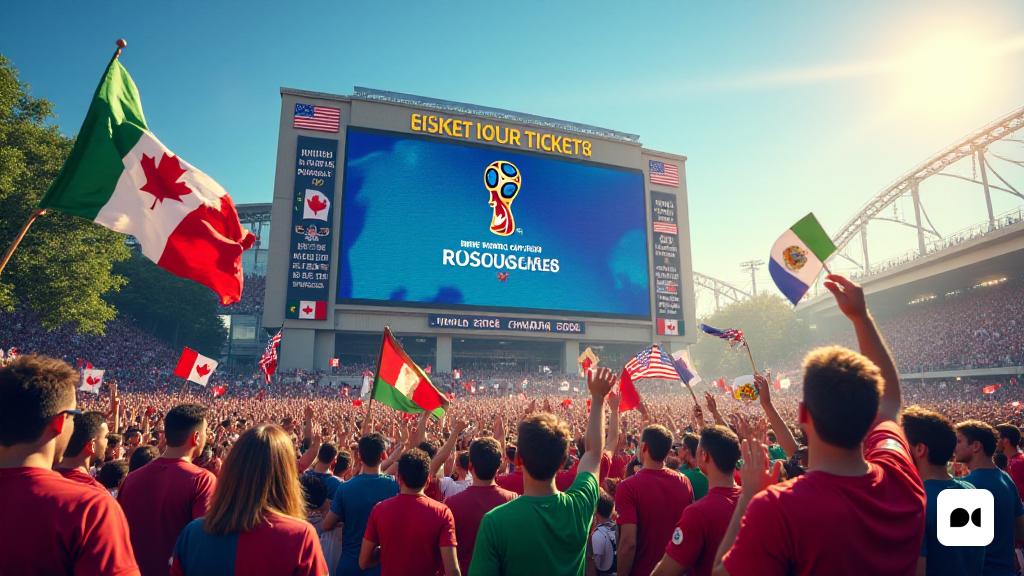Dynamic Pricing: A New Era for World Cup Tickets
In an unprecedented move, FIFA is set to introduce a dynamic pricing strategy for ticket sales during the much-anticipated 2026 Men’s World Cup. This approach, which allows ticket prices to fluctuate based on demand, is a significant departure from traditional fixed pricing models.
Ticket Sales and Revenue Projections
The World Cup, co-hosted by the United States, Canada, and Mexico, has so far only offered premium hospitality packages ranging from $3,500 to an astonishing $73,200. FIFA has announced that general ticket sales are expected to commence in the latter half of 2025, with further details forthcoming.
Revenue Goals and Economic Impact
The tripartite bid from the North American nations projected ticketing revenues of $1.8 billion, which FIFA deemed conservative. The organization aims for a staggering $13 billion in revenue over the four-year cycle leading to the tournament, a significant increase from the $7.6 billion generated from the previous cycle.
Consumer Reactions and Expert Opinions
FIFA’s trial of dynamic pricing during the recent FIFA Club World Cup has raised eyebrows. While some consumers benefited from lower prices for less popular matches, others faced steep costs for high-demand games. For instance, tickets for the group stage involving Manchester City were available for as low as $30, contrasting sharply with the $100 minimum for Real Madrid matches.
Concerns About Accessibility
Critics, including Ronan Evain of Football Supporters Europe, argue that dynamic pricing could alienate everyday fans, particularly as associated costs like travel and accommodation escalate. Evain urges FIFA to consider freezing prices at 2022 levels to maintain accessibility for supporters.
Global Perspectives on Dynamic Pricing
Dynamic pricing is a common practice in various sectors, such as travel and entertainment, particularly in the U.S. However, it remains largely untested in European football, where it faces significant resistance. The Football Supporters Association has warned that any attempt to implement such a model in England would provoke considerable backlash.
Public Sentiment and Future Implications
As the conversation around dynamic pricing gains traction, Oxford University Press has even included the term in its shortlist for the word of the year. The controversy surrounding ticket pricing for popular events, such as the Oasis reunion tour, exemplifies the growing public scrutiny on this practice.
With the World Cup on the horizon, stakeholders must navigate the delicate balance between revenue generation and fan accessibility. The future of ticketing in sports may hinge on how FIFA and other organizations choose to address these pressing concerns.

